Expo 2025: Wakayama
Merge / Musubu
Direction, Movie Installation
Audio-Visual installation at Kansai Pavilion in Expo 2025.
- CATEGORY
-
Art Installation
Motion Graphics
Moving Image
- CLIENT
Wakayama Prefecture
Set against the profound history and majestic nature of Wakayama, this 30-minute audio-visual installation explores the theme of “Merging / Musubu,” the blending and connecting of different religions and disciplines as seen in Shinbutsu-shūgō (the syncretism of Shinto and Buddhism). Eight four-meter totems, evoking the towering ancient trees of Kishu, become vessels for images and sound that express Wakayama’s spirit of tolerance and coexistence — a sensibility rooted in the philosophies of Koyasan, the Kumano Sanzan, and Minakata Kumagusu.
Transcending differences in religion, class, nationality, and ideology, the installation follows the path of the ancient Kumano pilgrimage, taking viewers on a journey through the future, past, present, and back to the future again.
This cyclical journey represents the experience of rebirth. At the same time, the work reflects the principle of Shinbutsu-shūgō, the harmonious coexistence of Shinto and Buddhism, embodying the idea of embracing differences rather than dividing them.
It envisions a world where Japanese tradition merges with the cutting edge of technology, where digital and physical, Western and Eastern, and spiritual and material realms intertwine.
It also resonates with Minakata Kumagusu’s belief that “truth exists in the middle of opposites.”
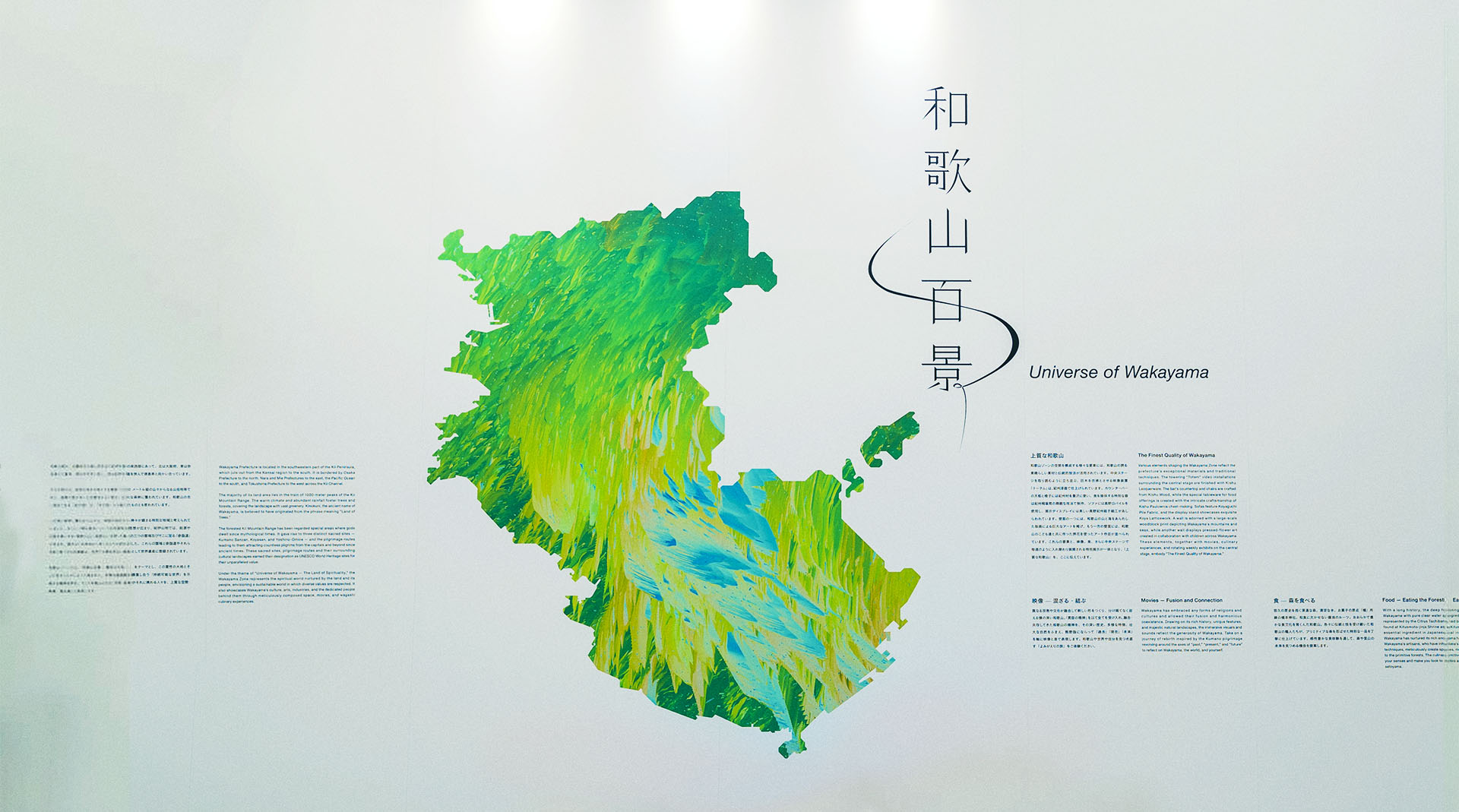
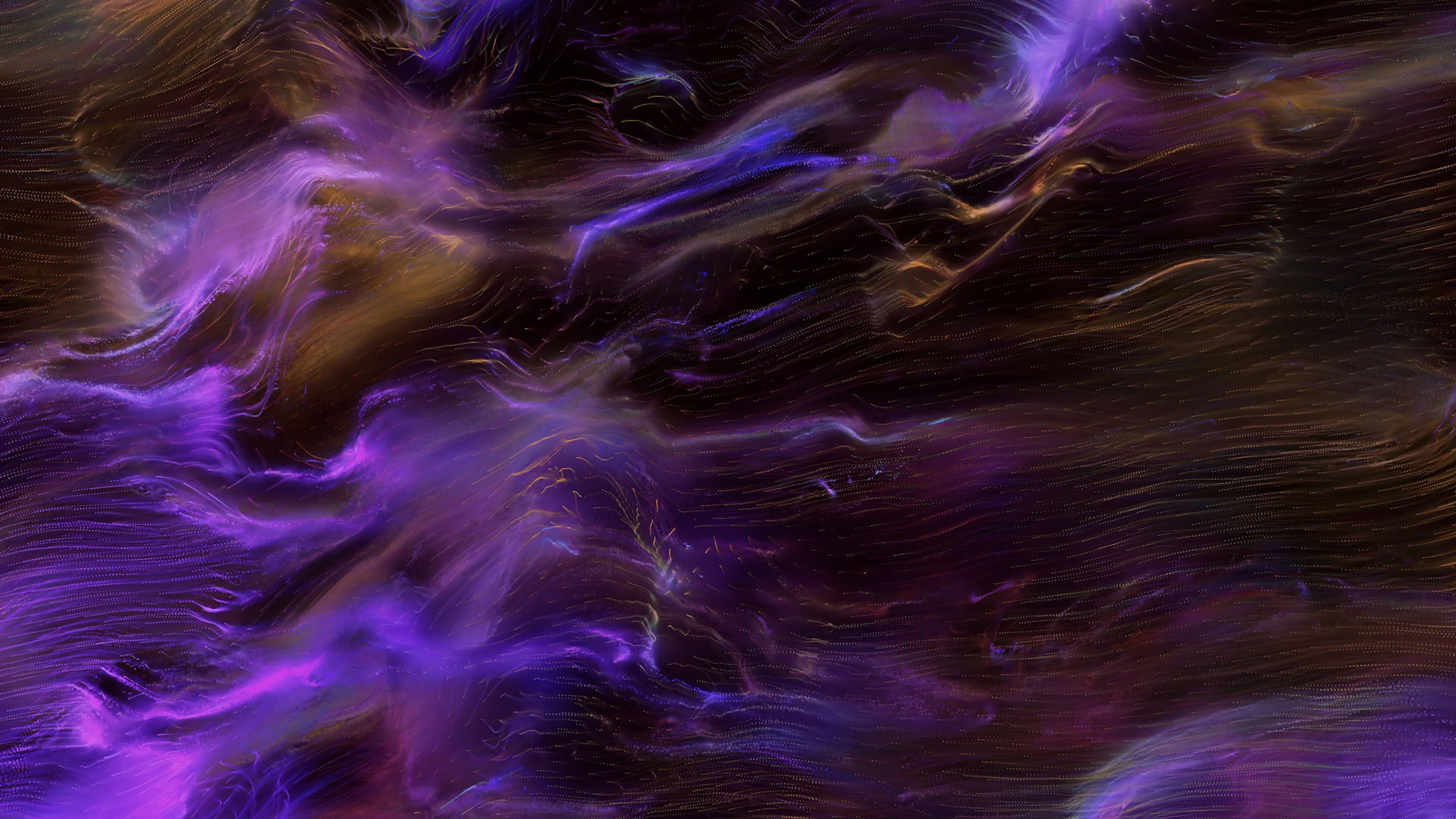
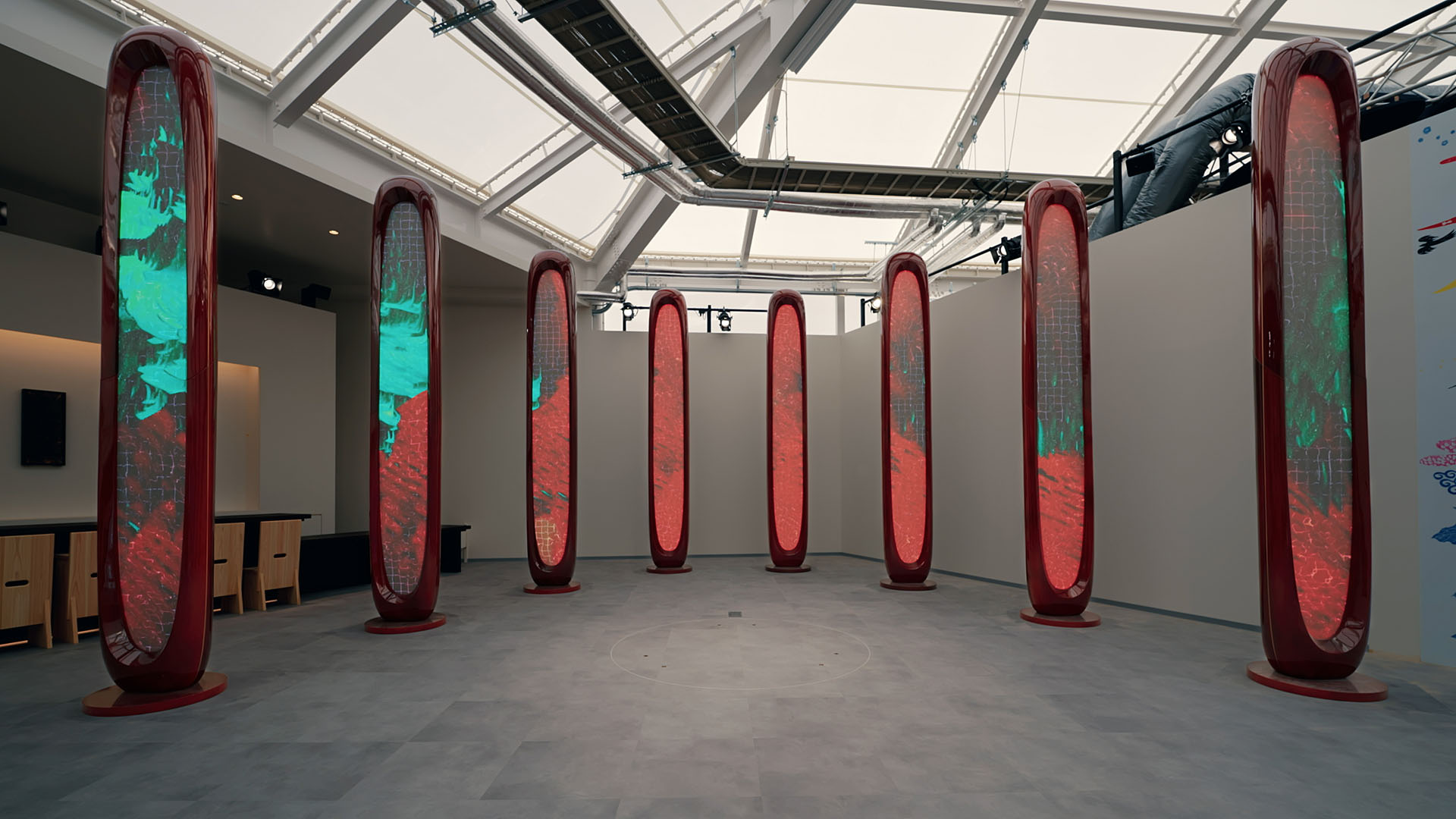
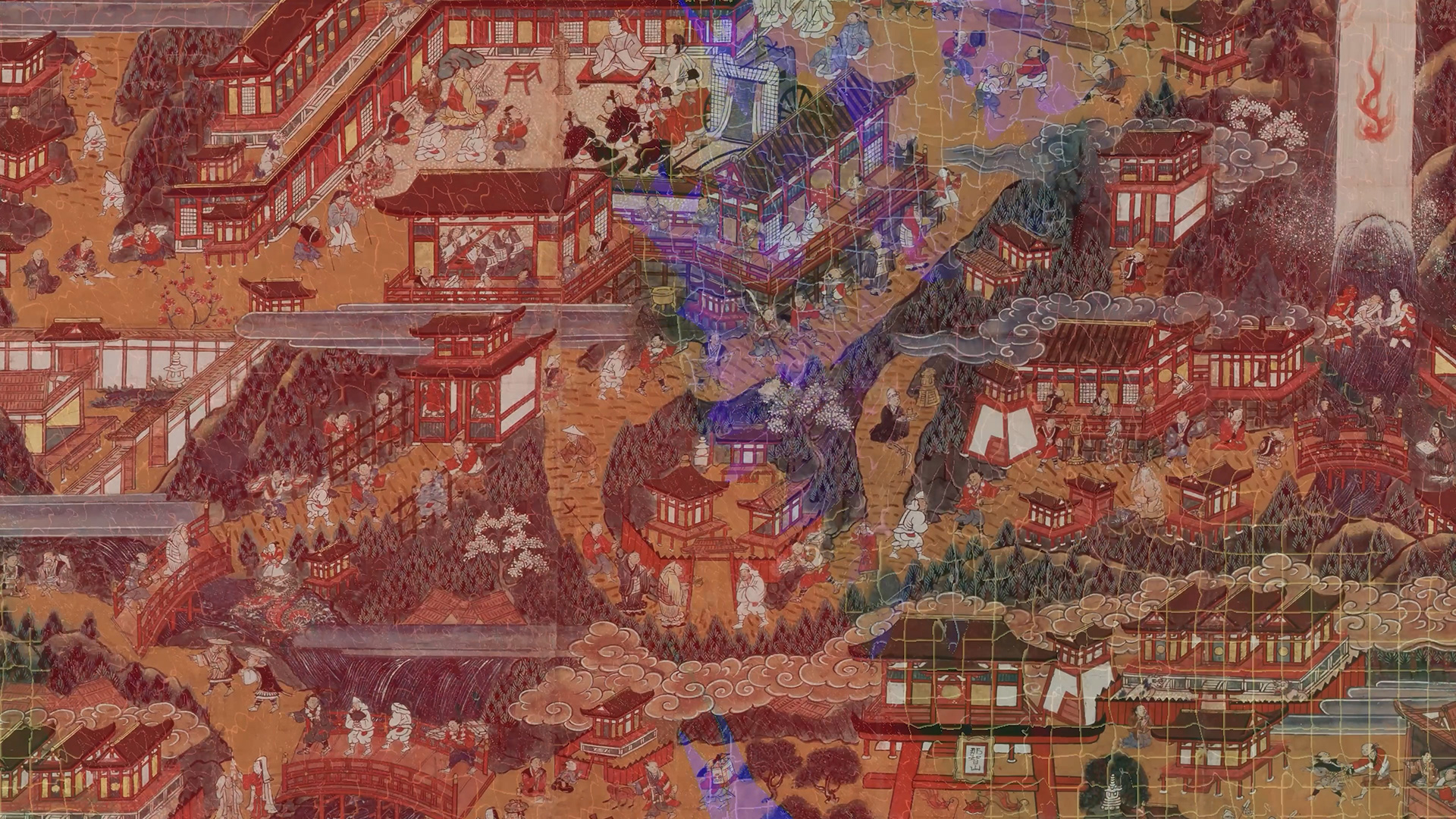
The pilgrimage and its symbolic journey
Kumano Hongu Taisha — Future
Kumano Hayatama Taisha — Past
Kumano Nachi Taisha — Present
Return to Kumano Hongu Taisha — Future / Resurrection
The installation consists of four chapters.
Chapter 01:
Future
The moment of beginning, where anticipation and spirituality intertwine. Through flickering light, pulse, and shifting colours, a sense of new creation emerges.
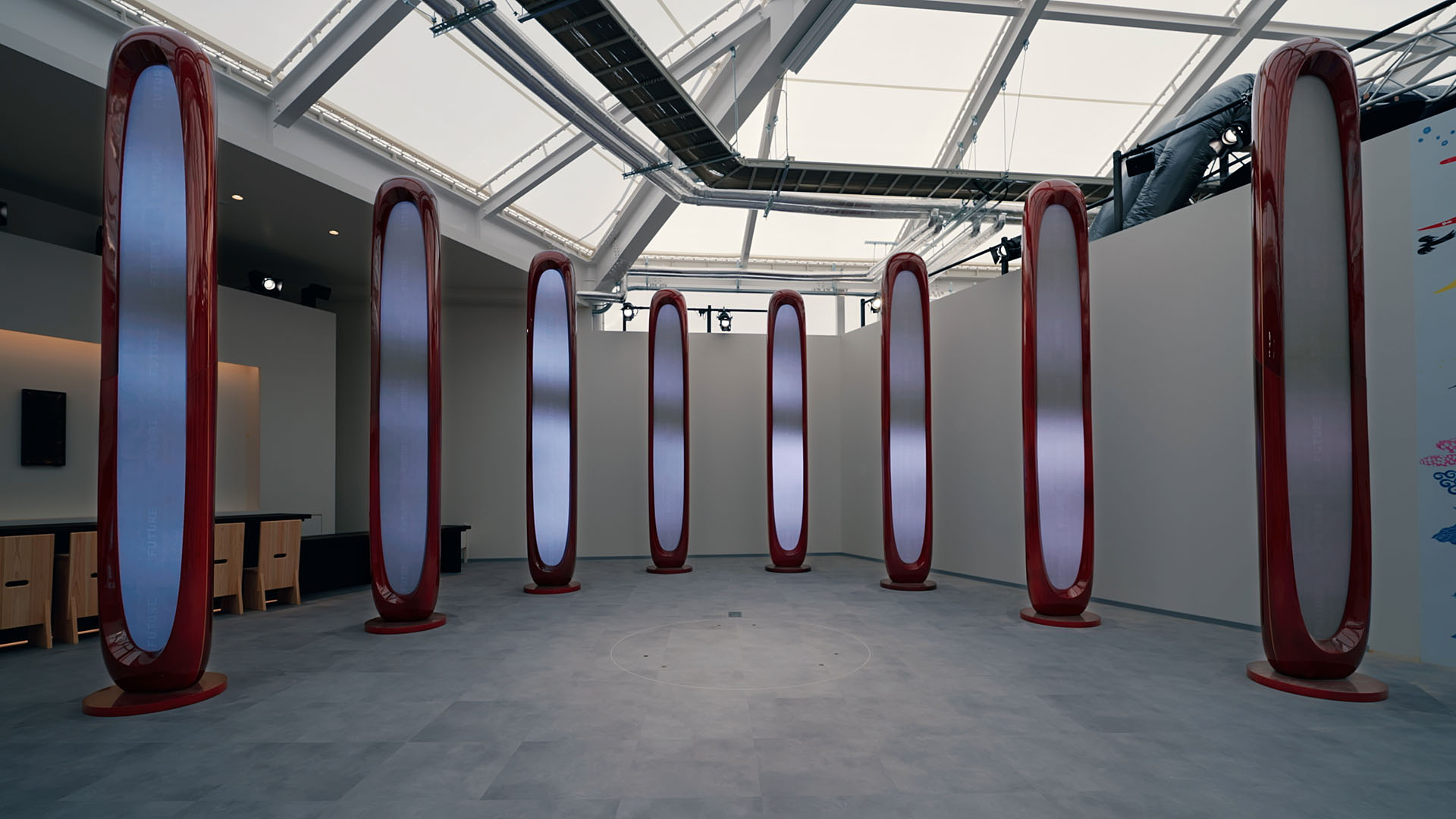
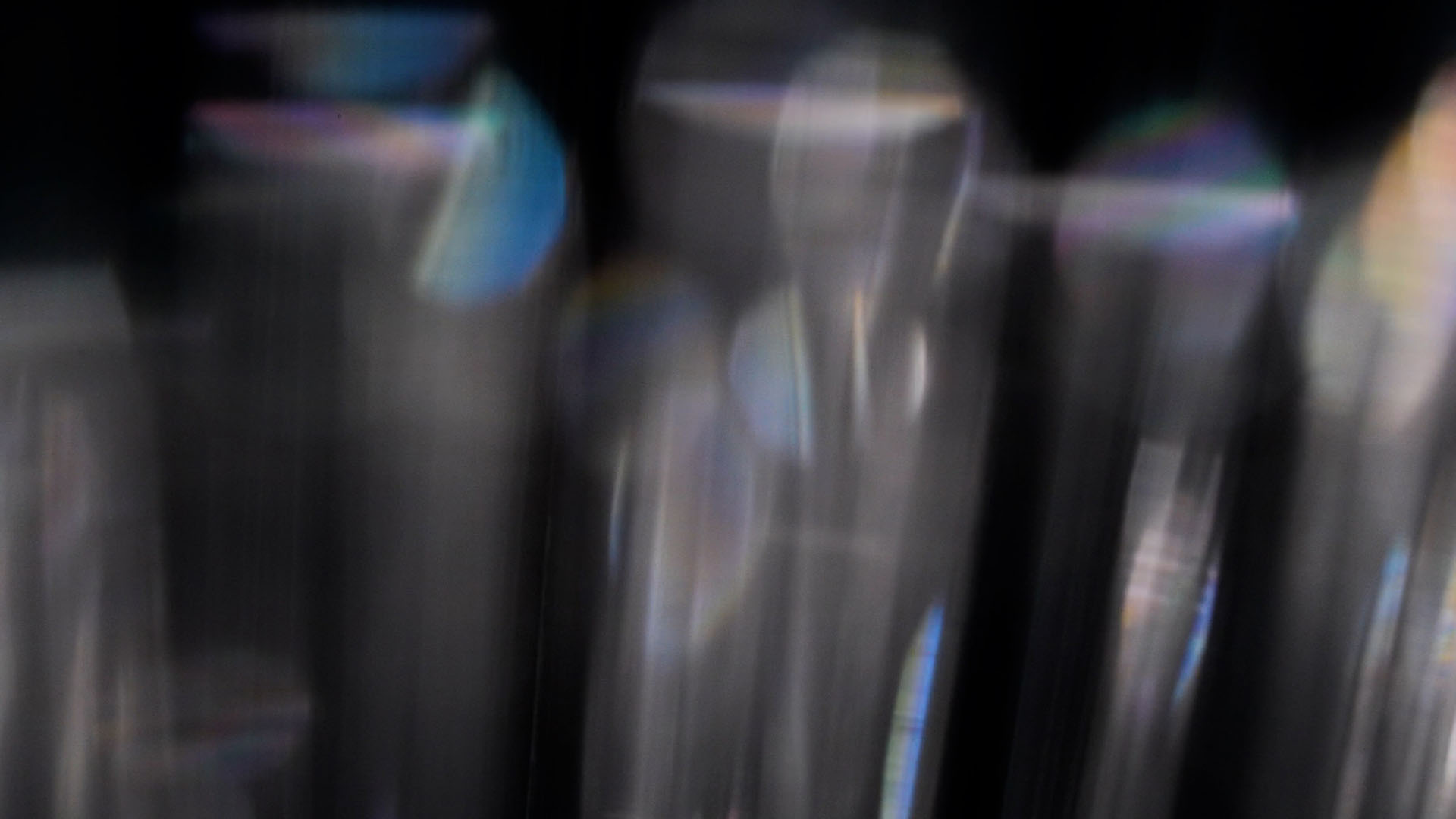
Chapter 02:
Past
A journey into the origins of Wakayama. Through imagery of volcanic activity, natural formations, and mandala scrolls, the film traces the ancient roots of the land.
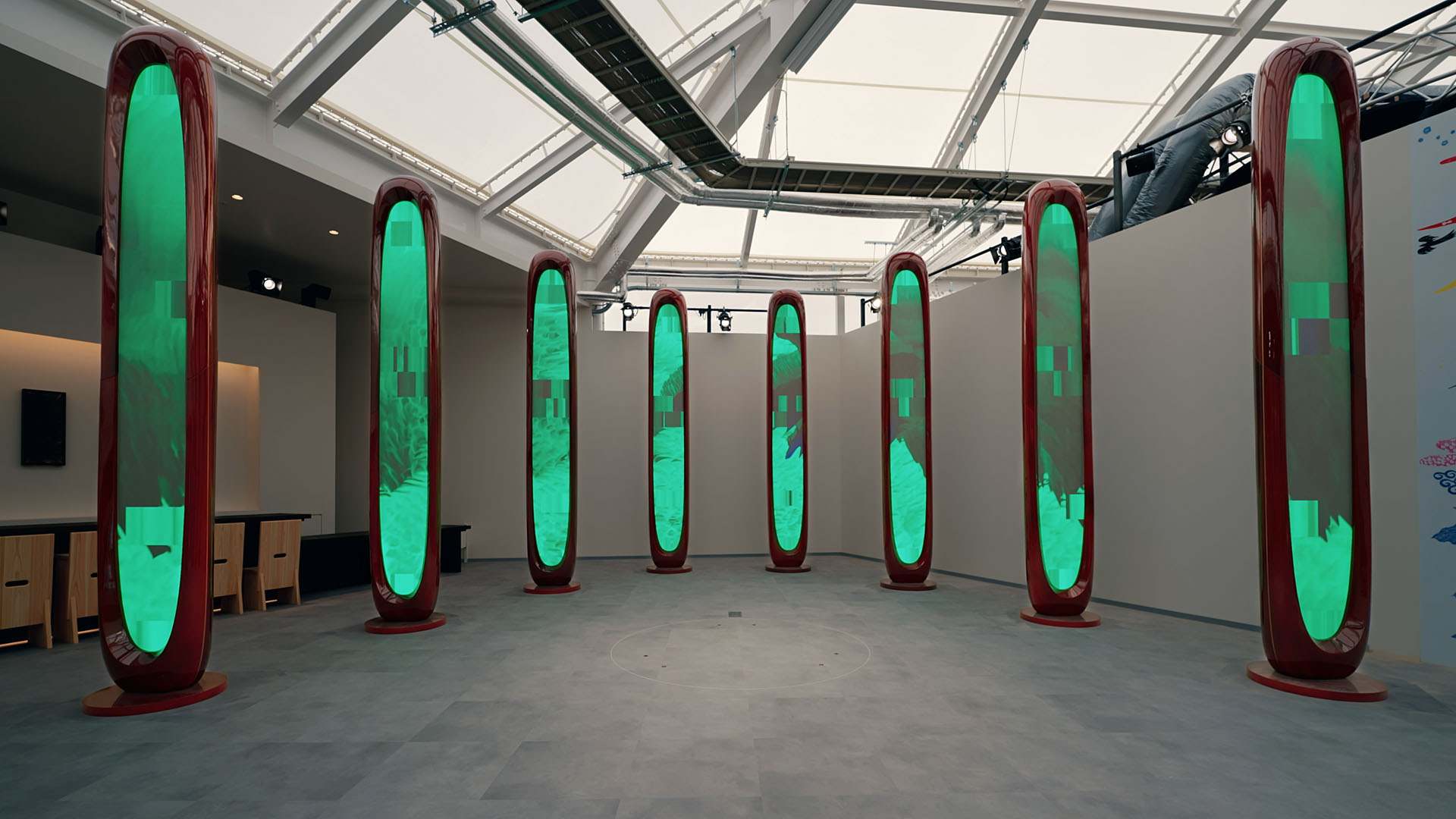
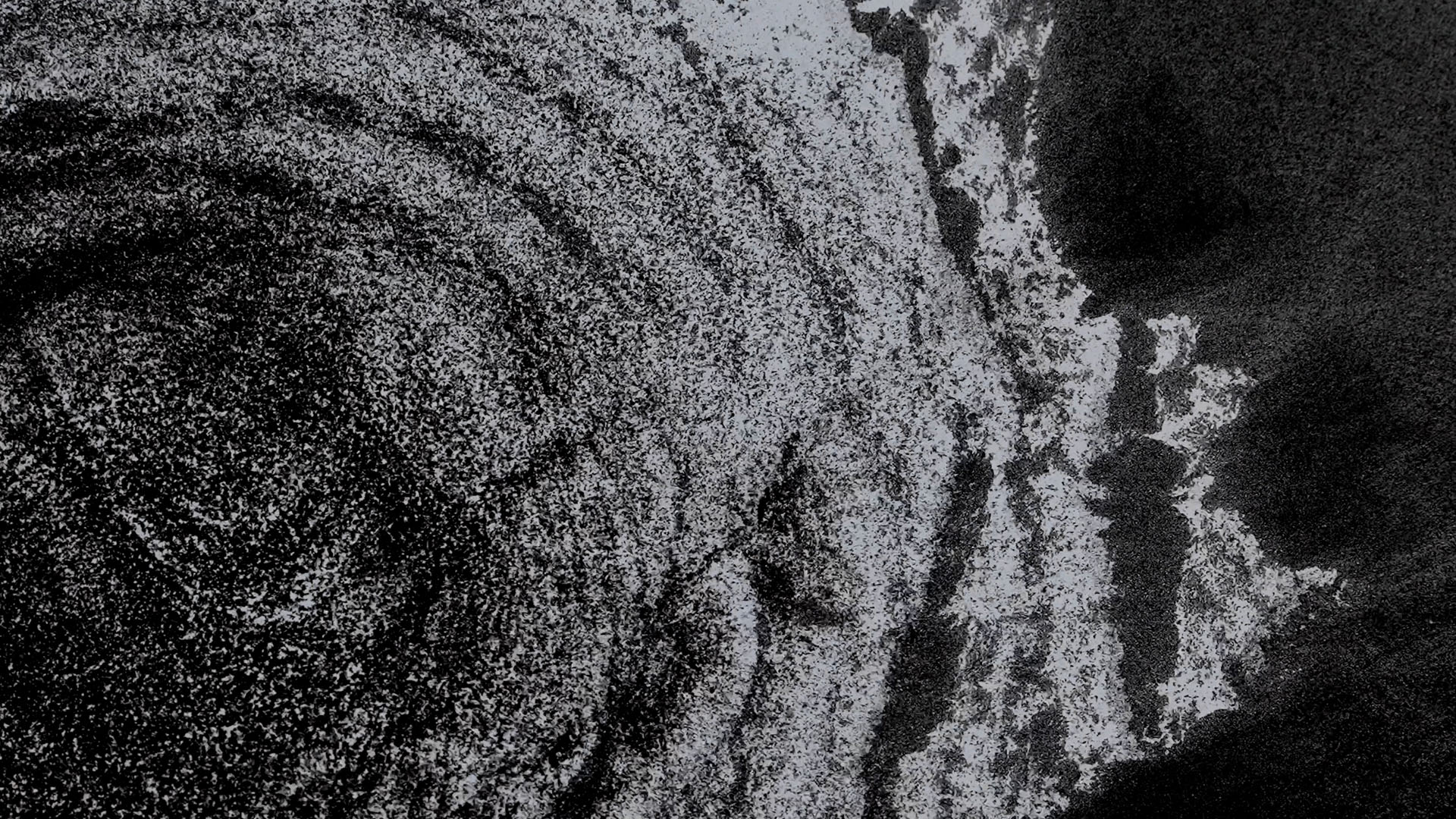
Chapter 03:
Present
A passage through the diverse landscapes of contemporary Wakayama — a hundred scenes that reveal its beauty, culture, and the lives that continue to breathe within it.
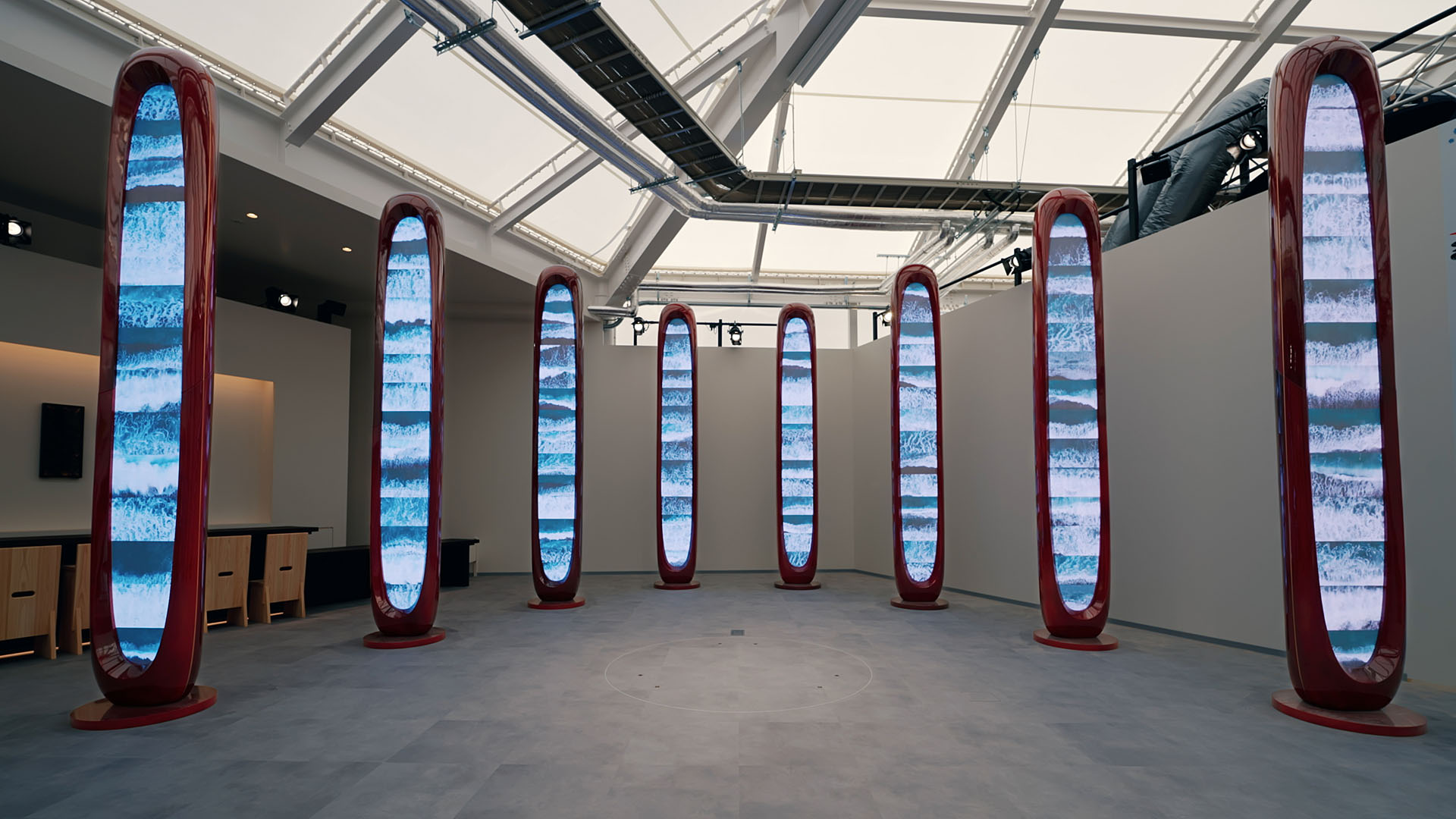
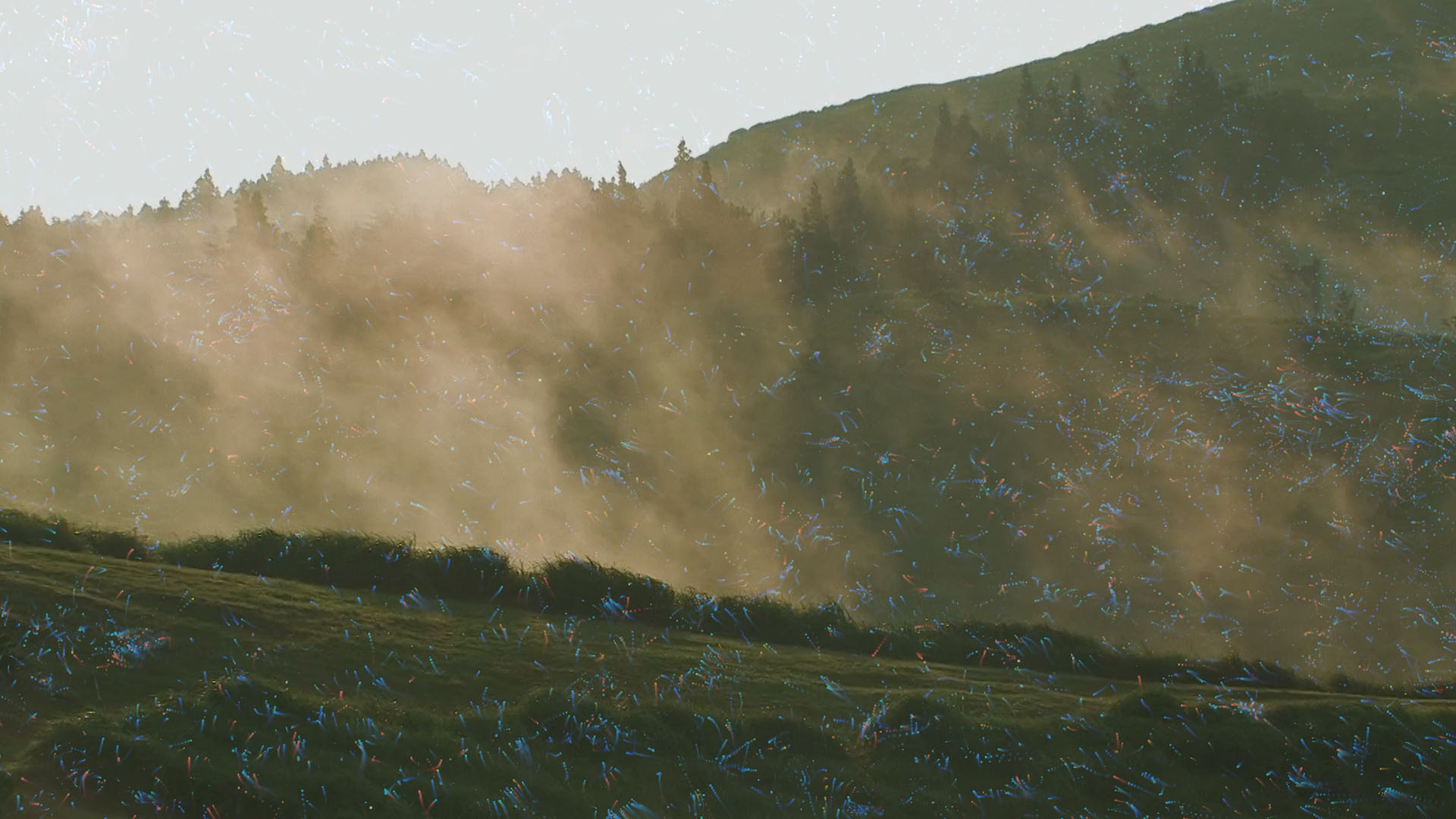
Chapter 04:
Future / Resurrection
An ethereal finale depicting rebirth through time-reversed imagery. Totemic figures representing the unity beyond religion, gender, and nationality embody the spirit of tolerance that defines Wakayama.
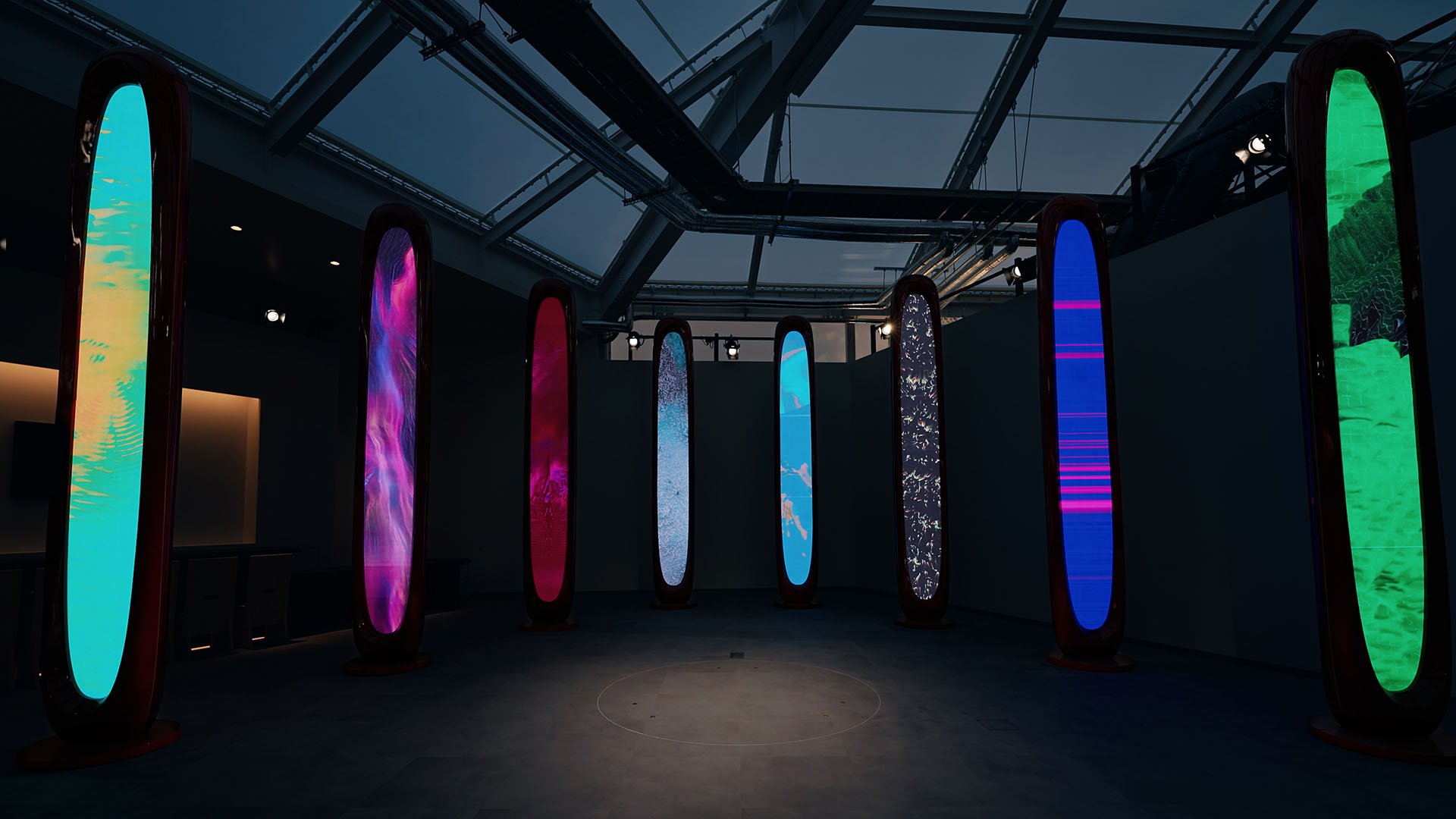
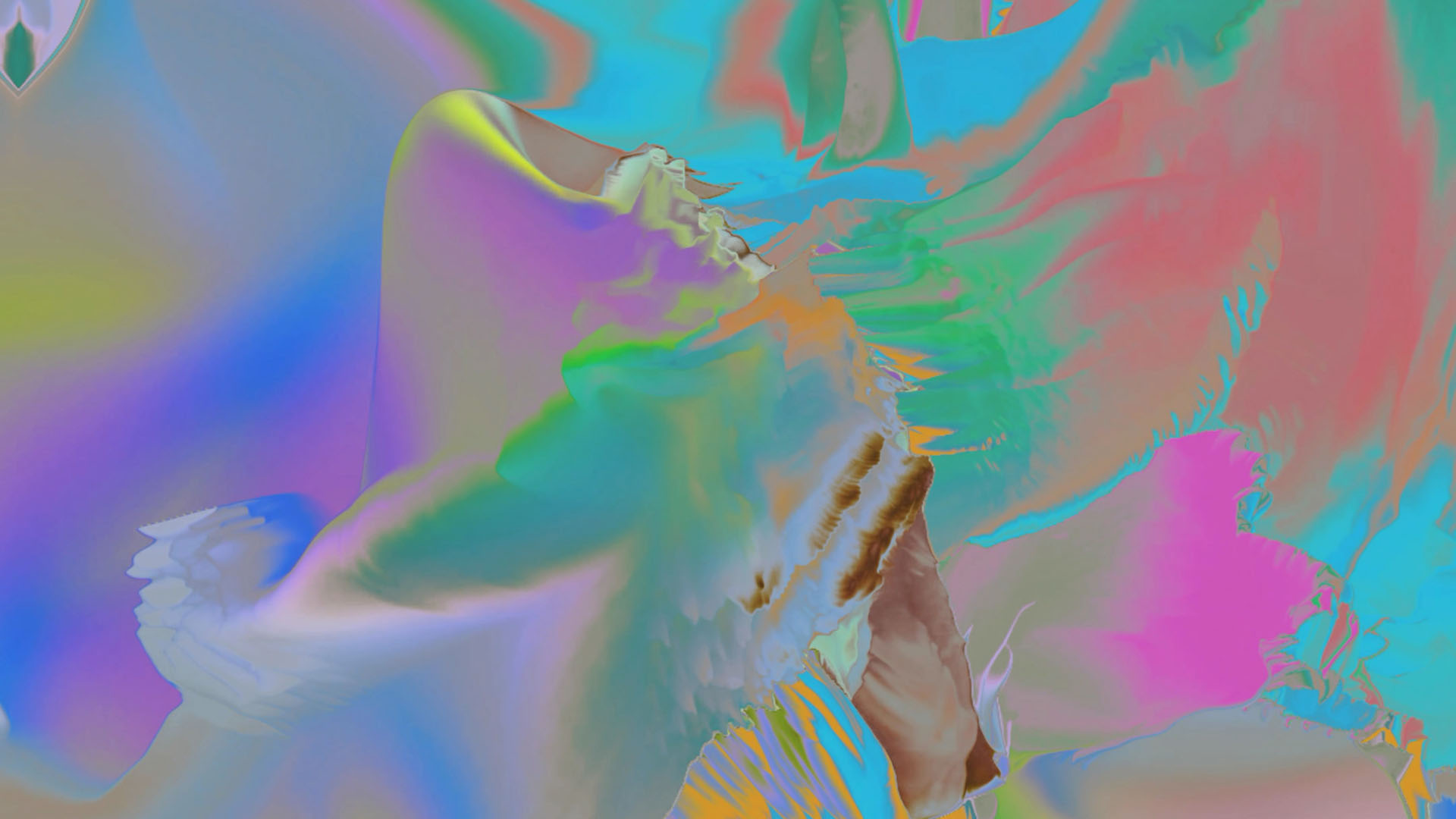
Event Film:
The accompanying event film visualises the five cosmic elements of Esoteric Buddhism at Koyasan— Fire, Water, Wind, Void, and Earth. These elements merge to form the flow of the universe, revealing the depth of Wakayama’s spiritual world through light and motion.
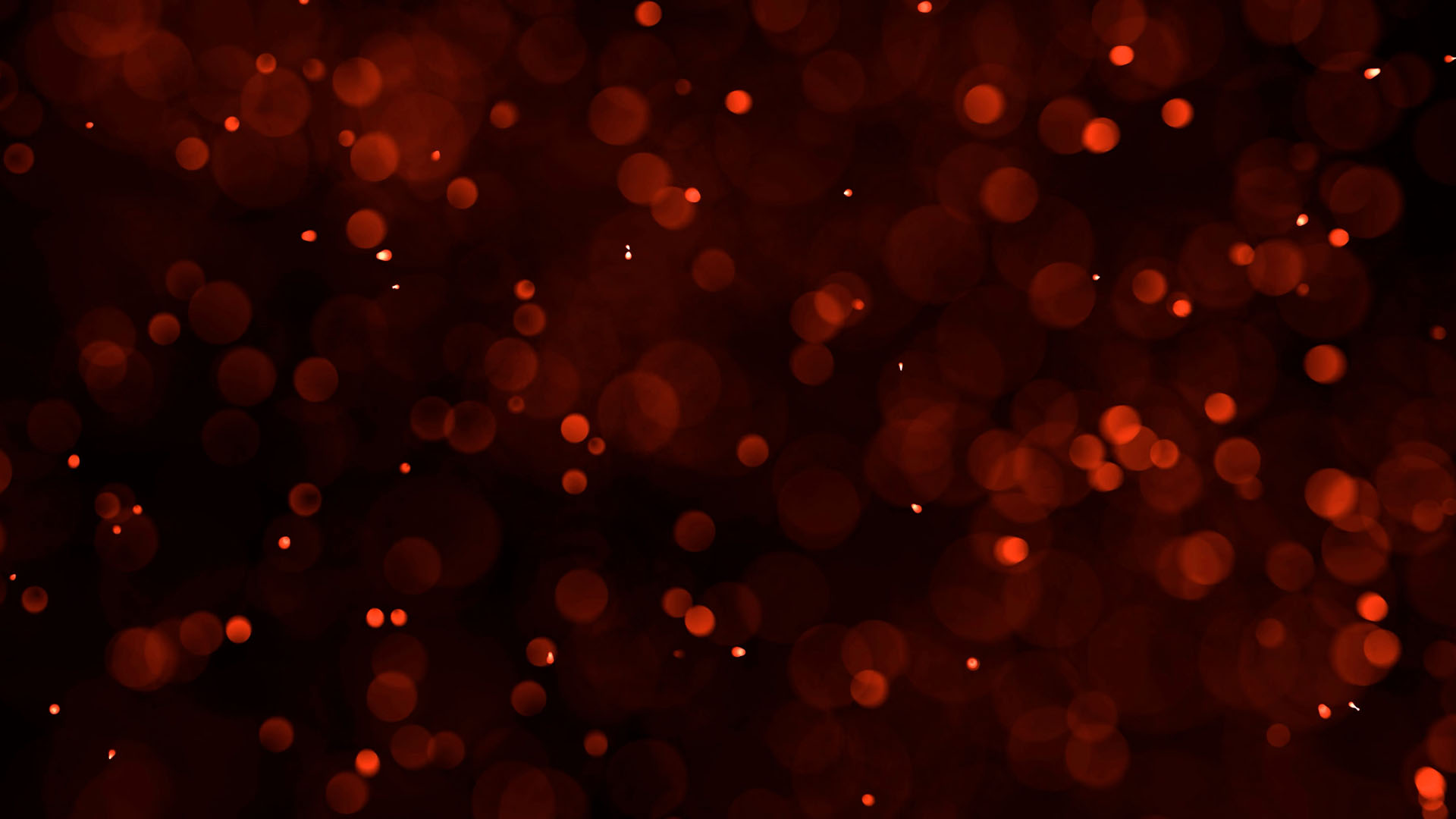
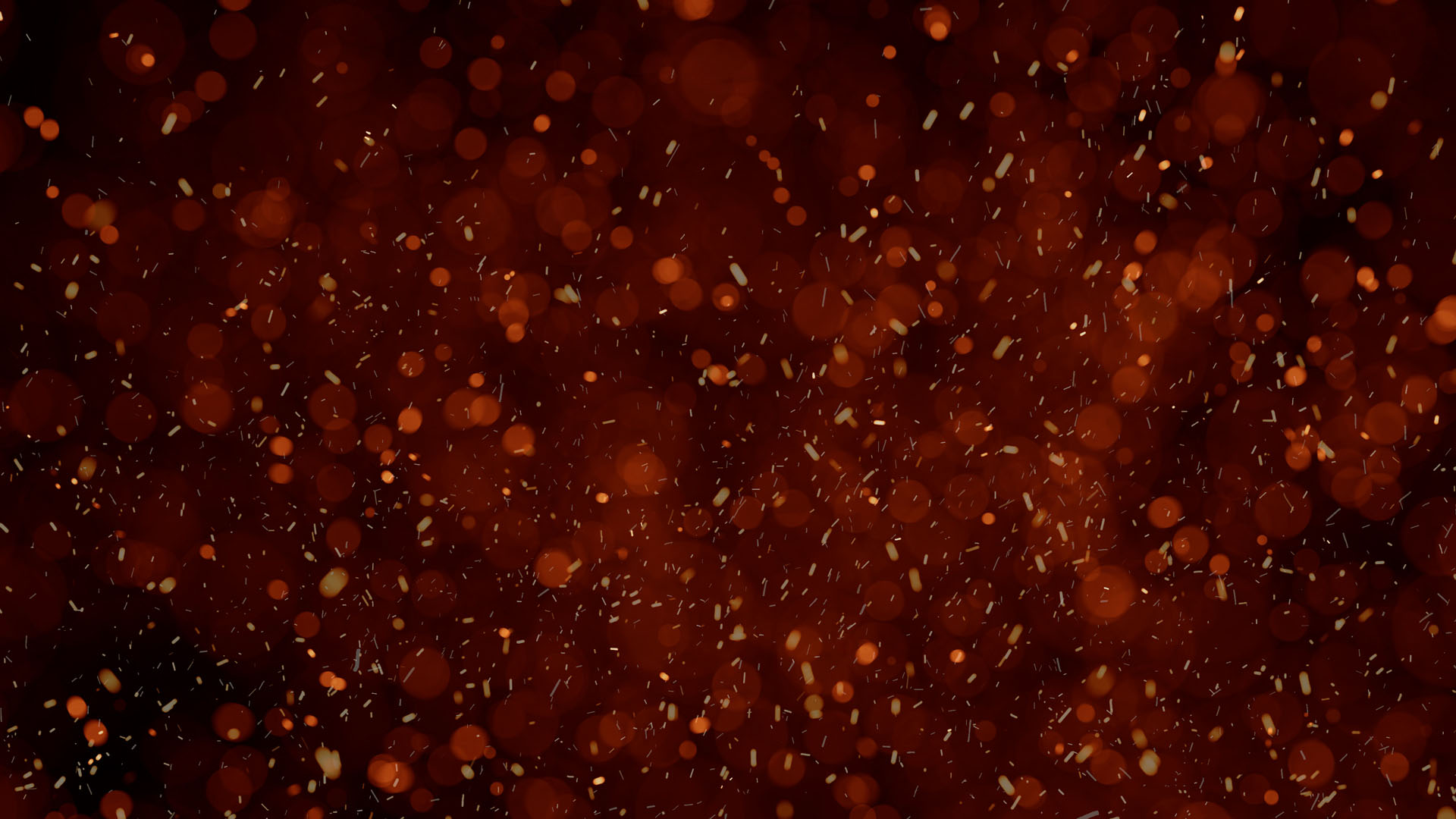
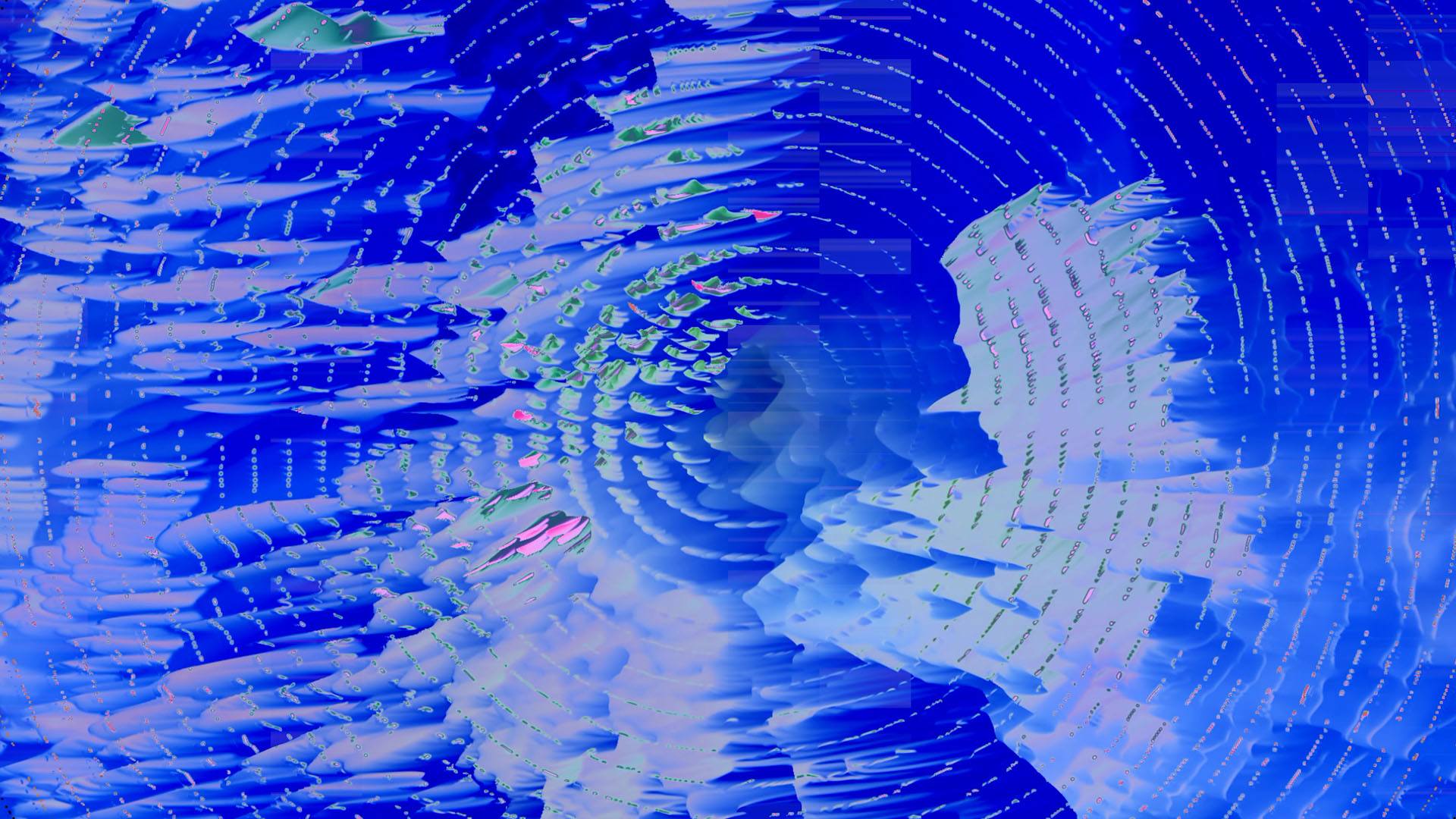
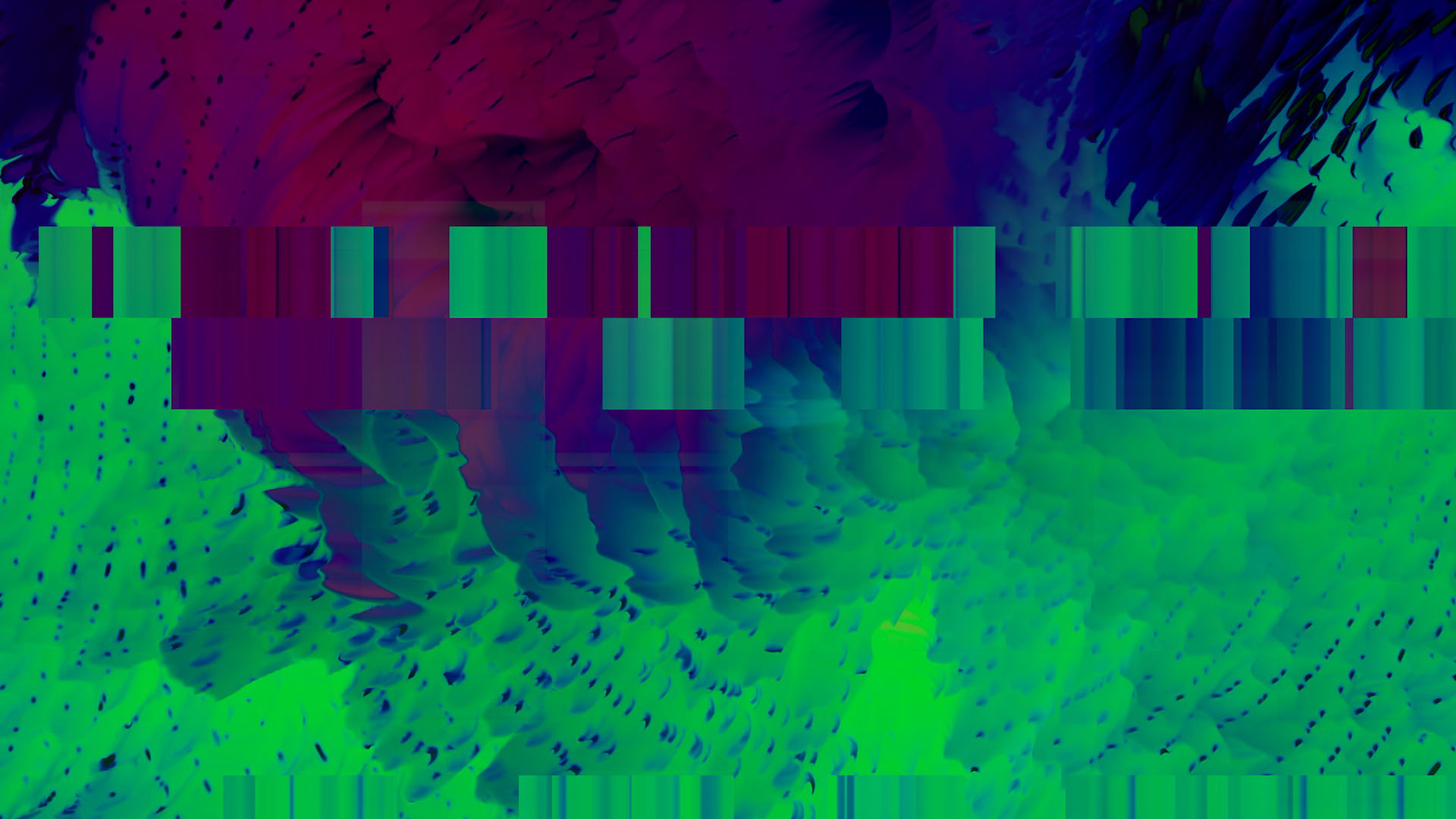
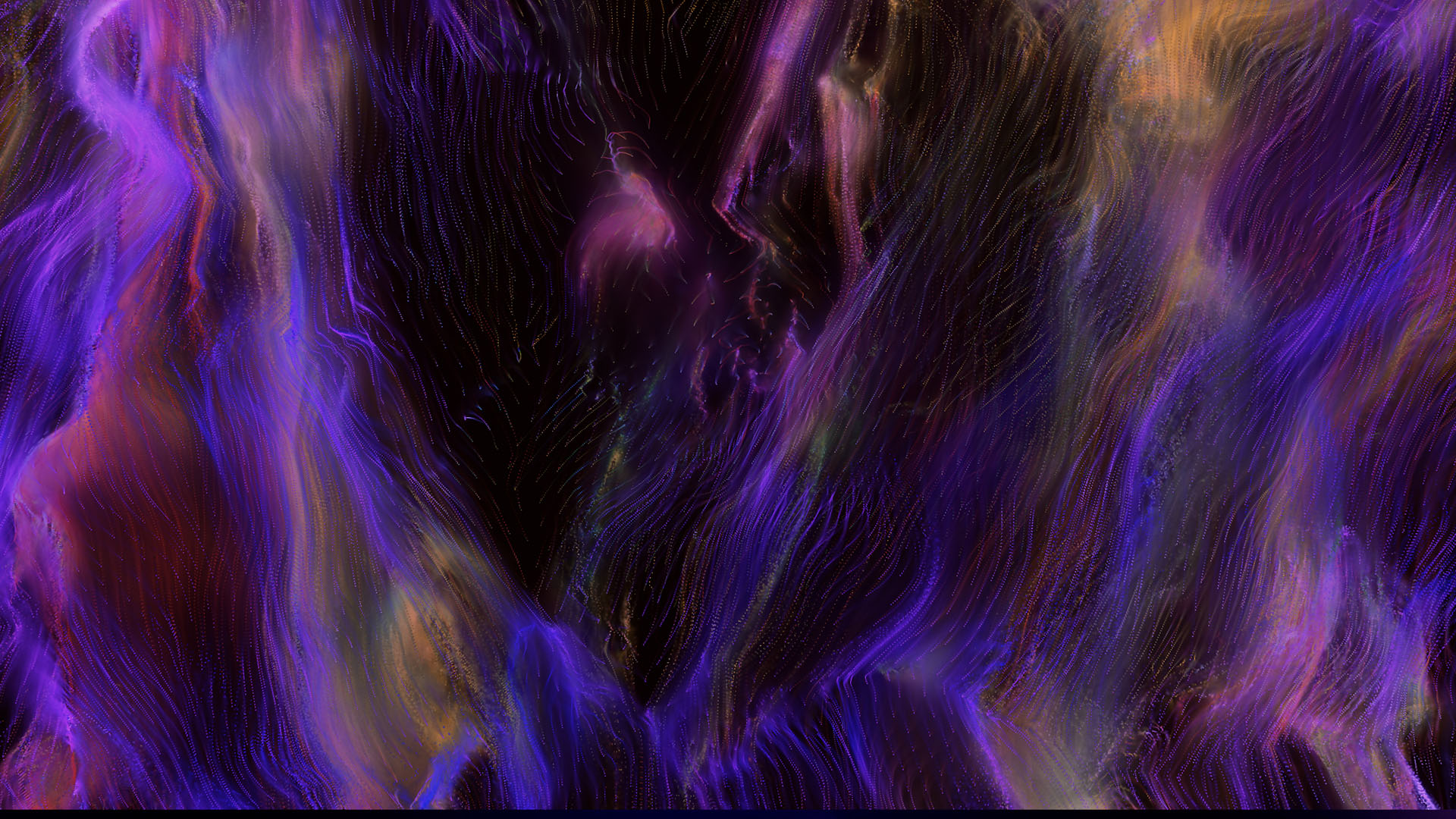
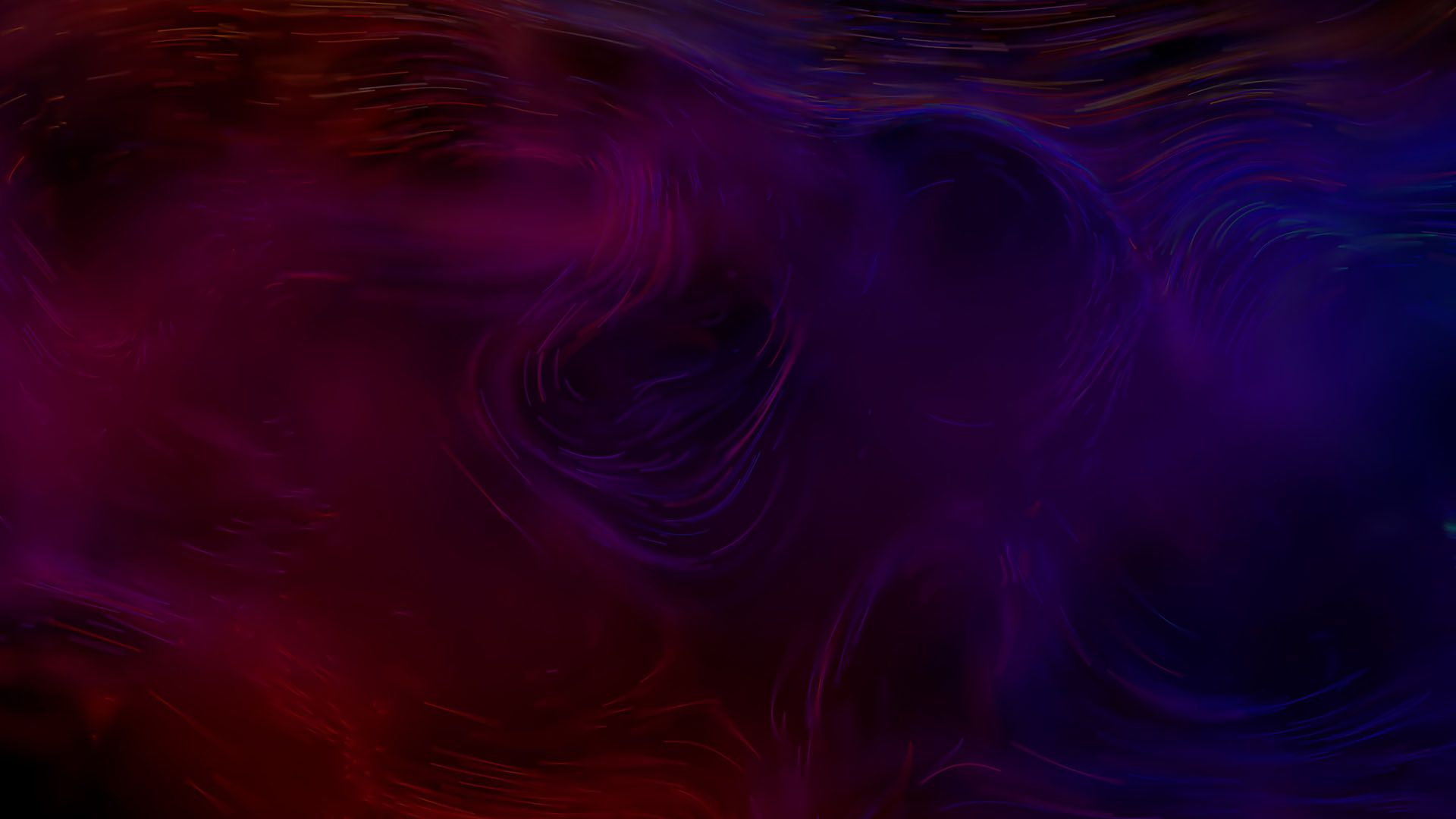
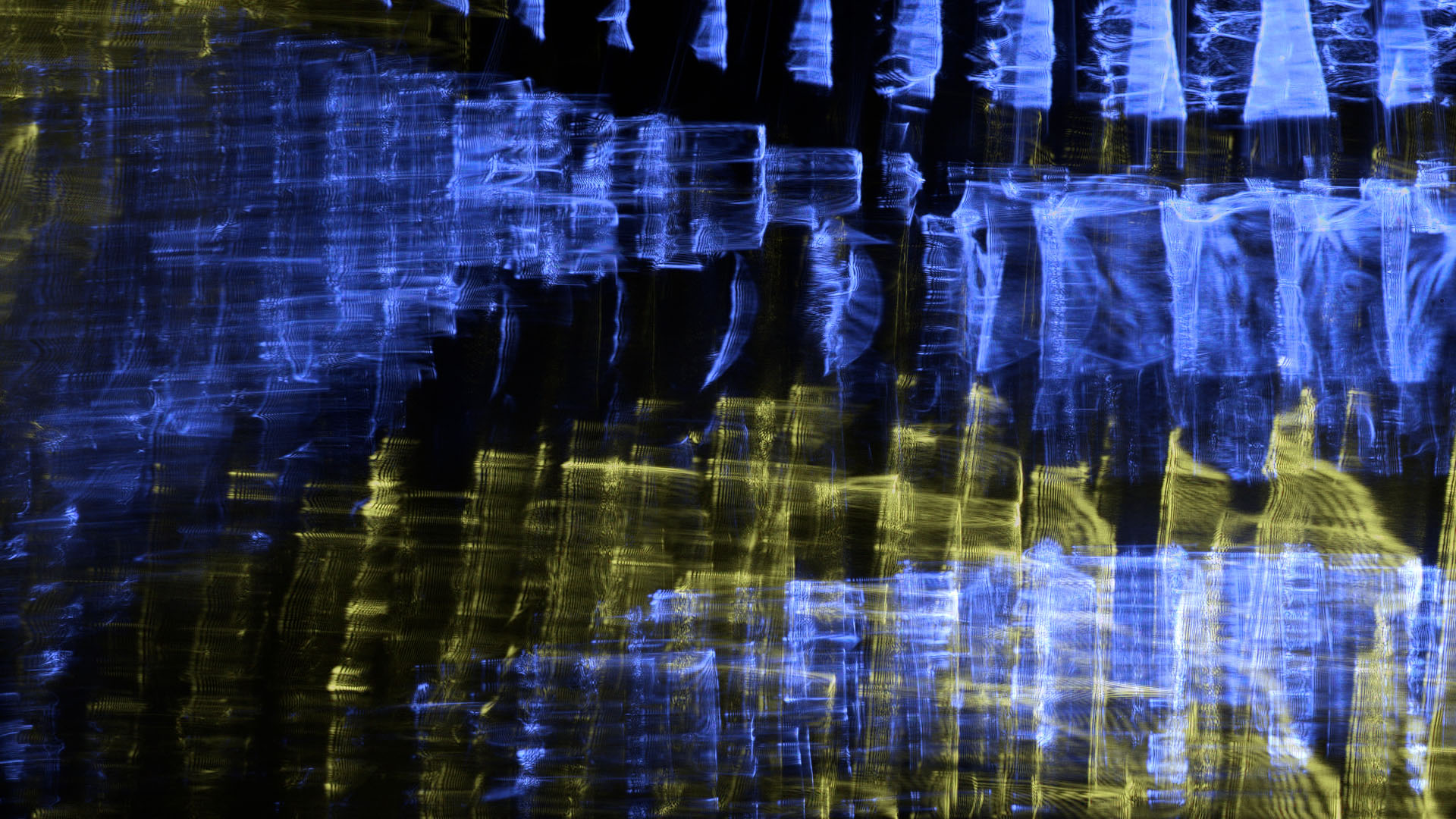
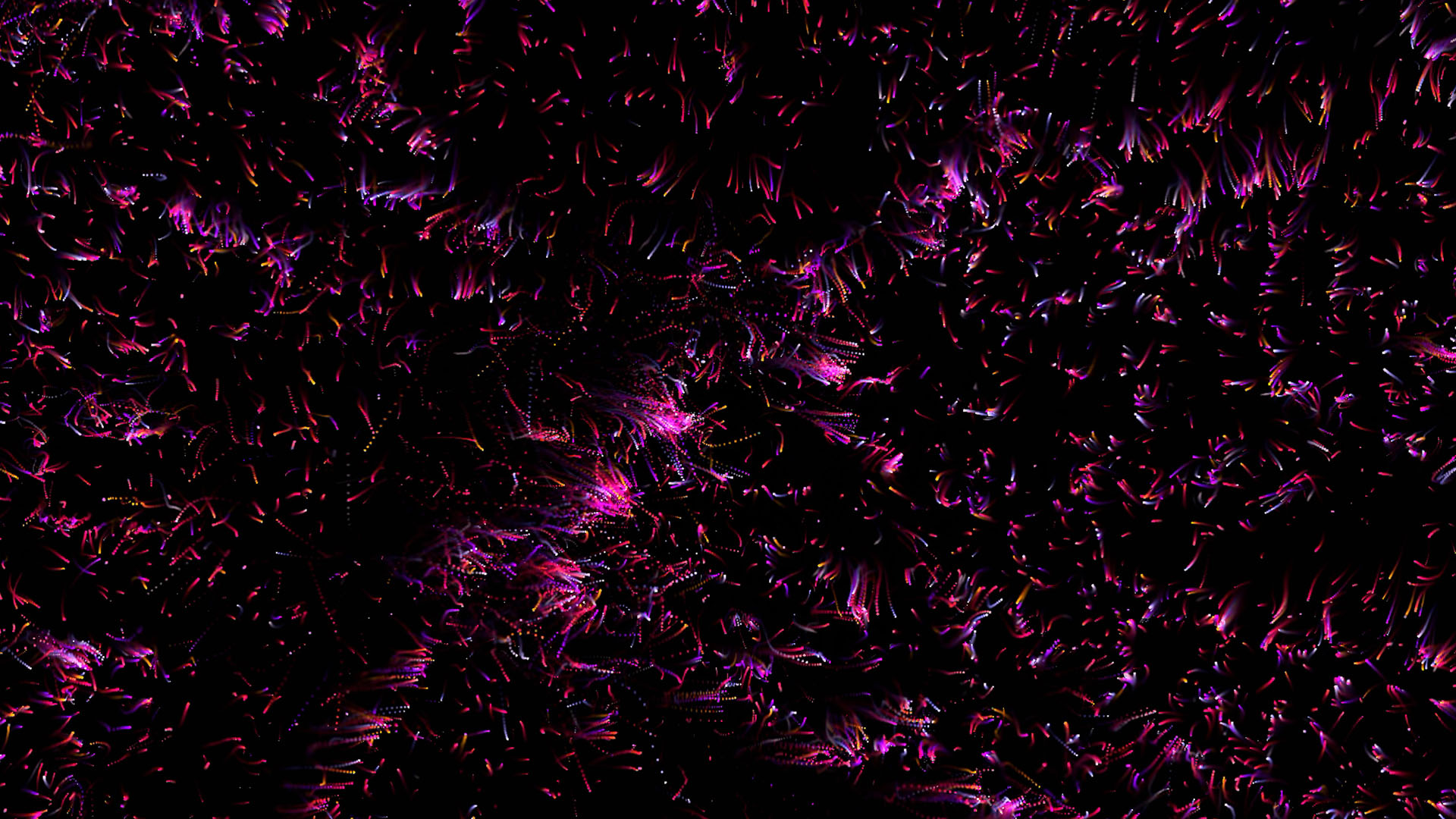
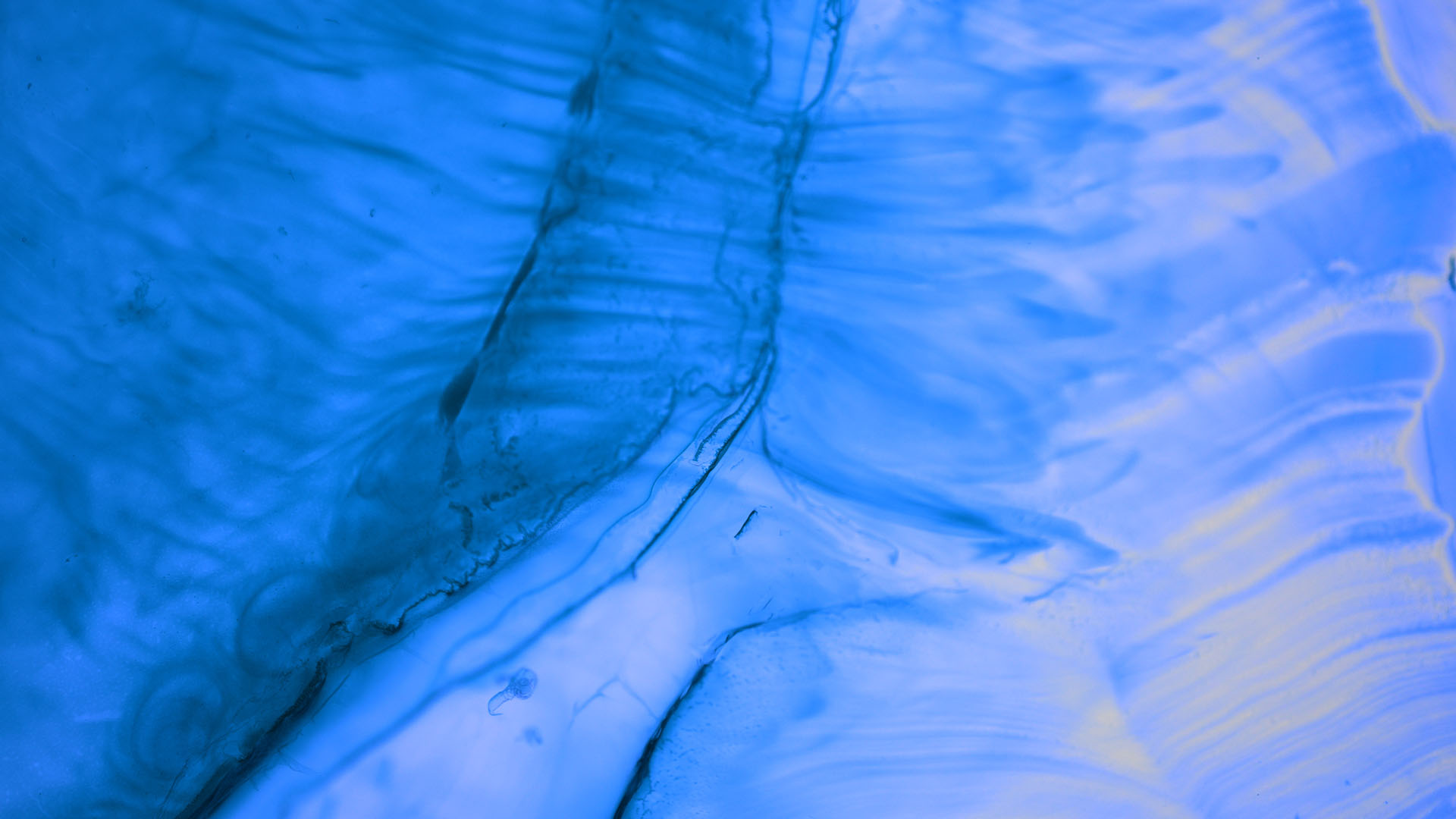
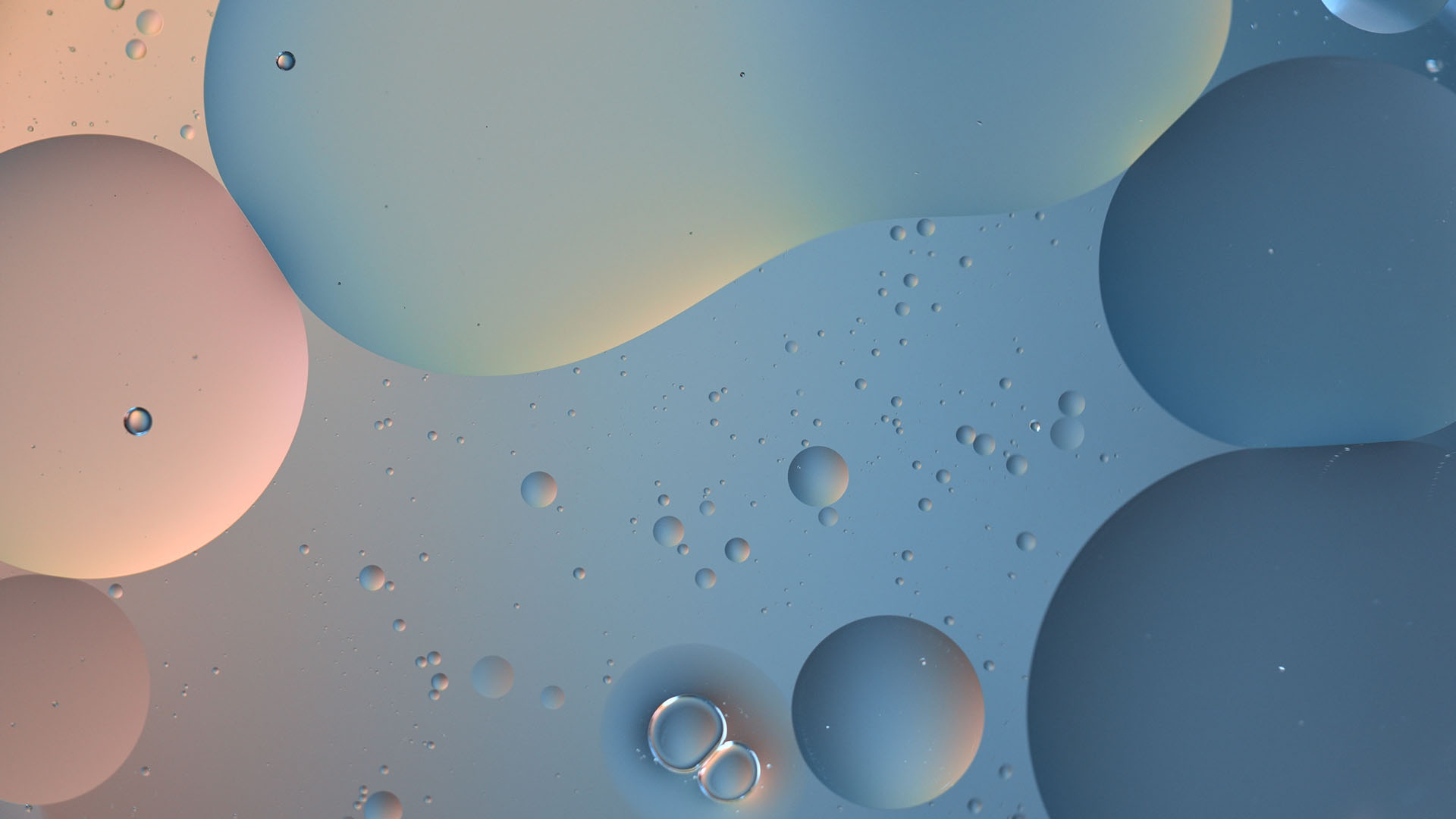
About “Merge / Musubu”:
The word Musubu, seen in the names of the deities Takamusubi-no-Kami and Kamimusubi-no-Kami, means “to give birth” or “to bring forth.”
It expresses the power that generates new life and relationships.
As reflected in words such as musuko (son) and musume (daughter), Musubu represents one of the most fundamental concepts in the Japanese language: creation and connection.
At sacred sites throughout Japan, shimenawa (sacred ropes) and shide (paper streamers) mark purified spaces — both acts of musubu, of tying and connecting, where the divine is invited to dwell.
They embody the spirit of Musubu, linking the visible and the invisible, humans and nature, people and gods.
This idea of Musubu (Merge) captures the enduring spirit of Wakayama, a harmony between worlds and the timeless continuity of life that forms the core theme of this work.
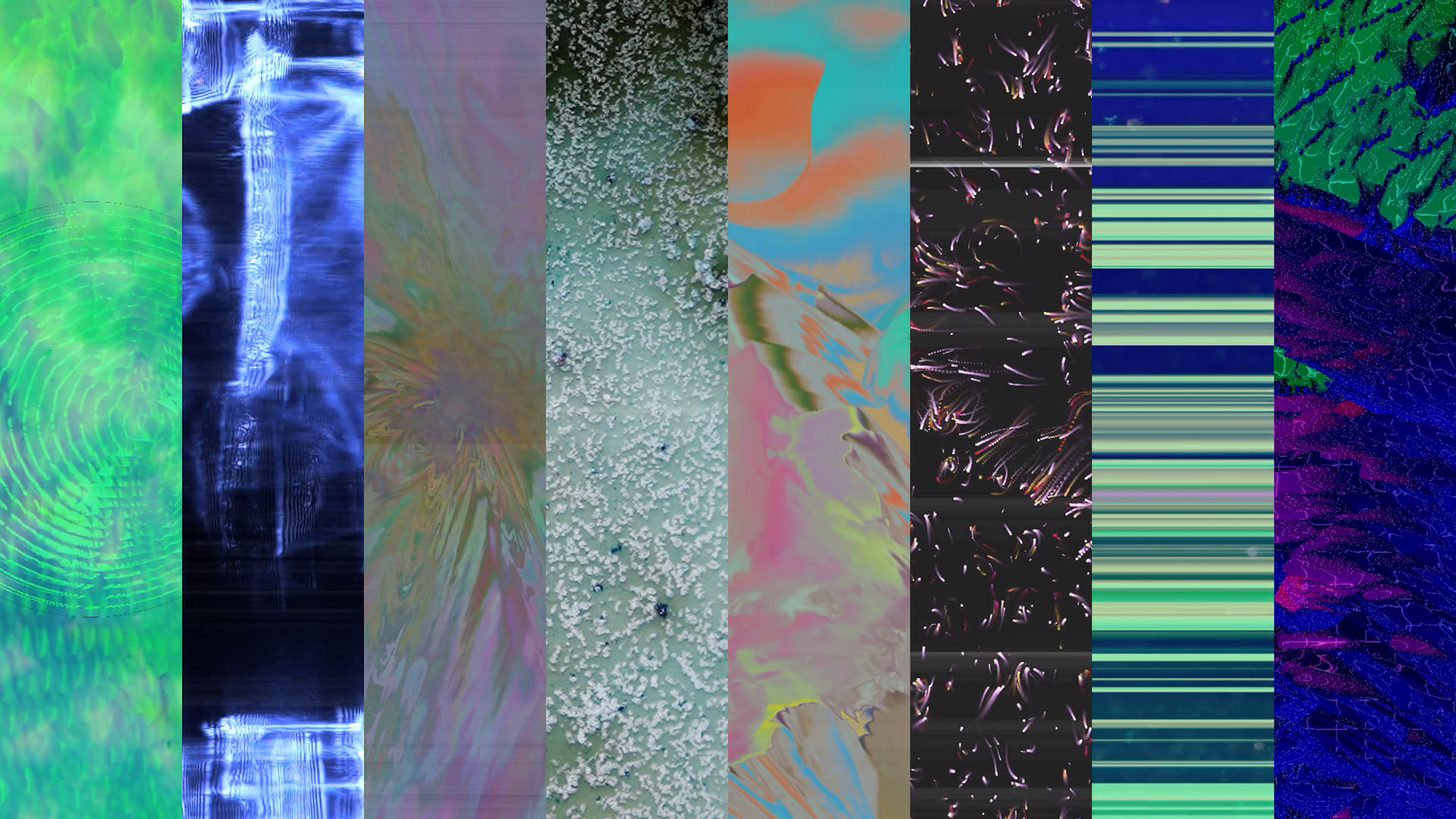

CREDIT
Movie Direction: Yusuke Murakami (3AND)
Music Produce: HAL ca / Lada
Music Composer: HAL ca
Director of Photography: Kaori Takasu (3AND)
Creative Direction: Hideki Yoshimoto (Tangent)
Movie Installation: Yusuke Murakami (3AND)
Food Design: Mineko Kato
Wakayama Map Design: Yusuke Murakami (3AND)
Spacial Design: Masunami Shimoda, Akane Kawahara, Yuki Zetsu (Tangent)
Content Producer: Kagari Hine
Construction: Nomura Co.,Ltd.
Wakayama Movie Footages: Across Co.,Ltd.
Photography: Sohei Terui
Client: Wakayama Prefecture